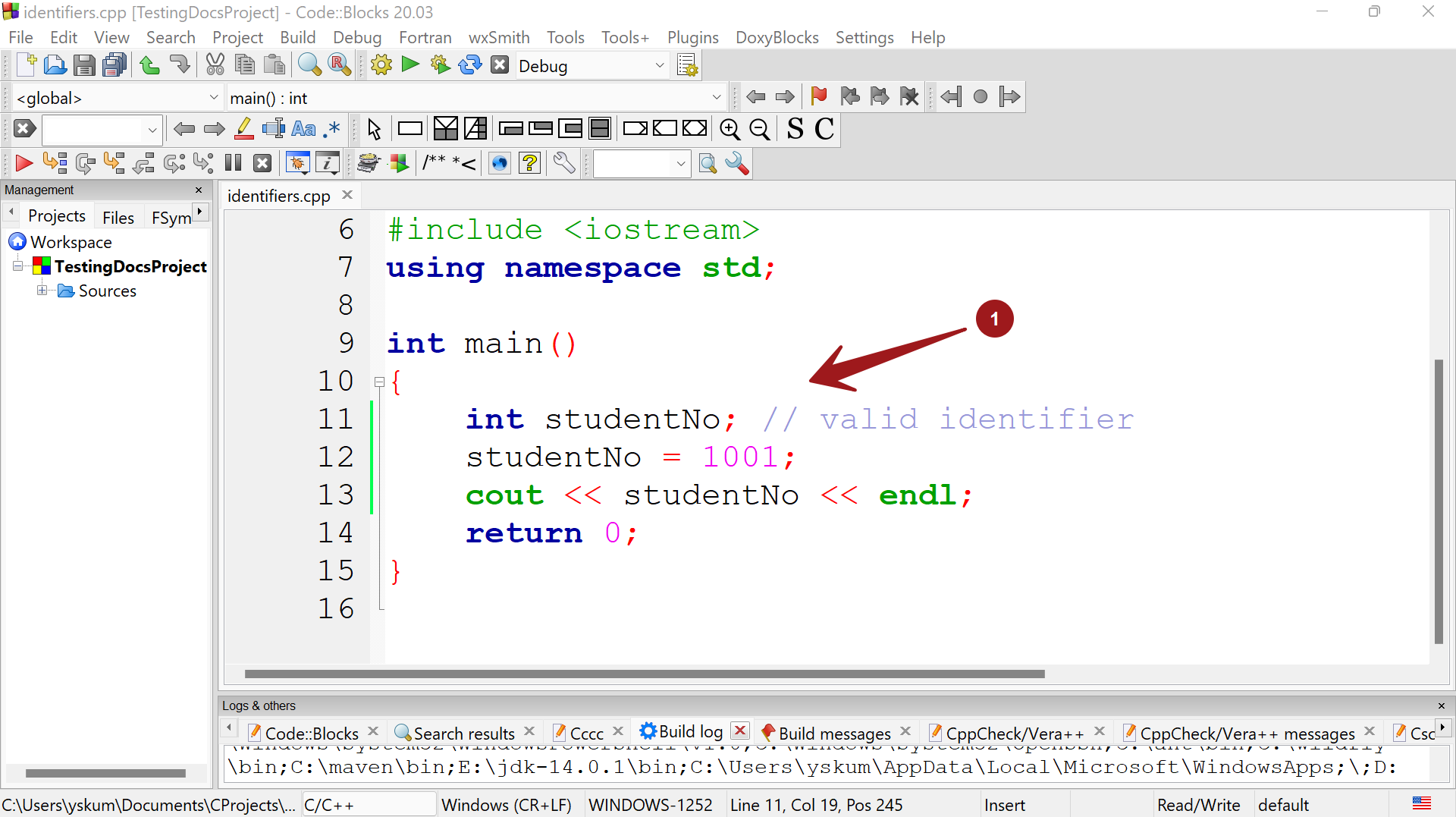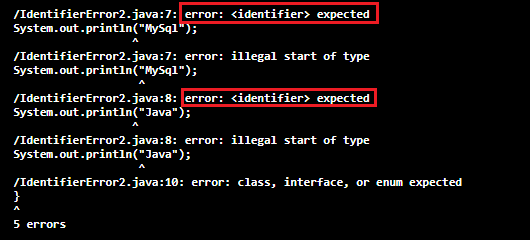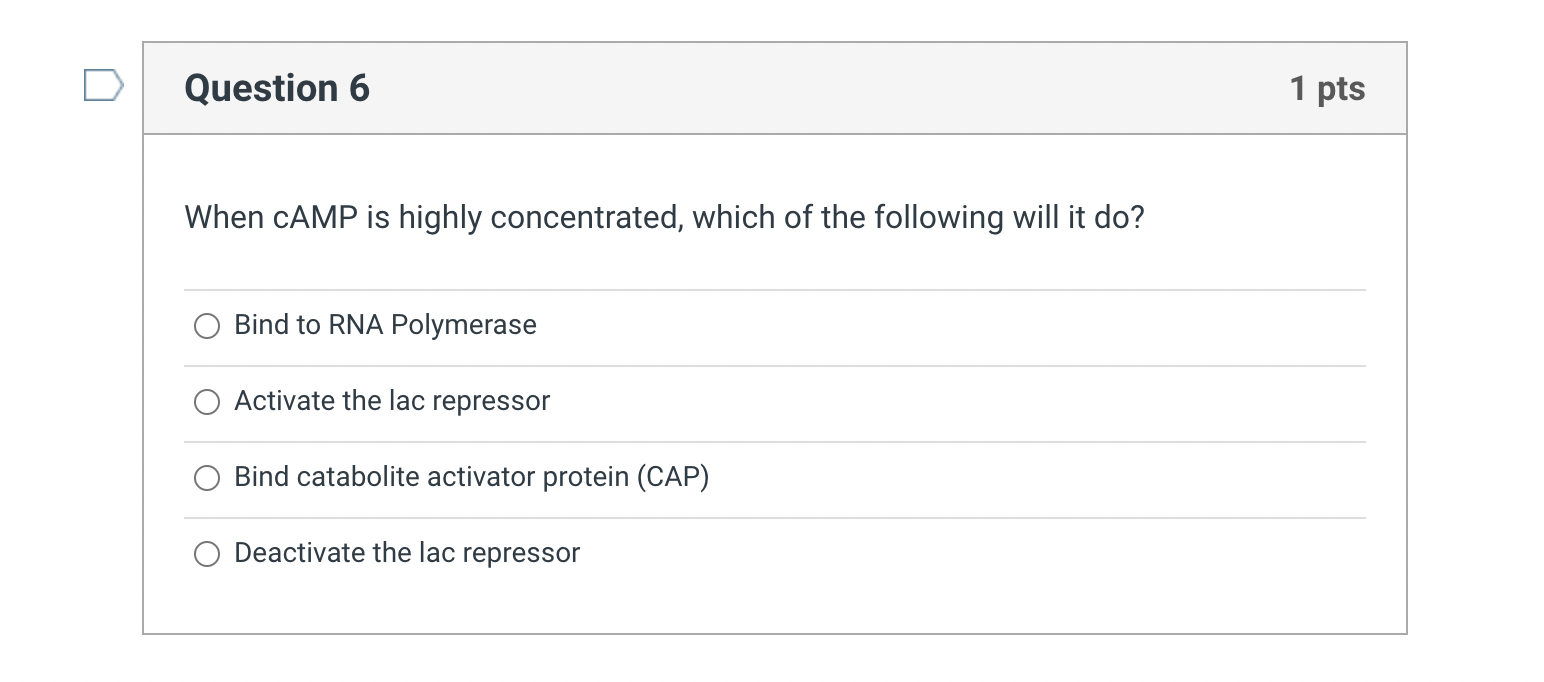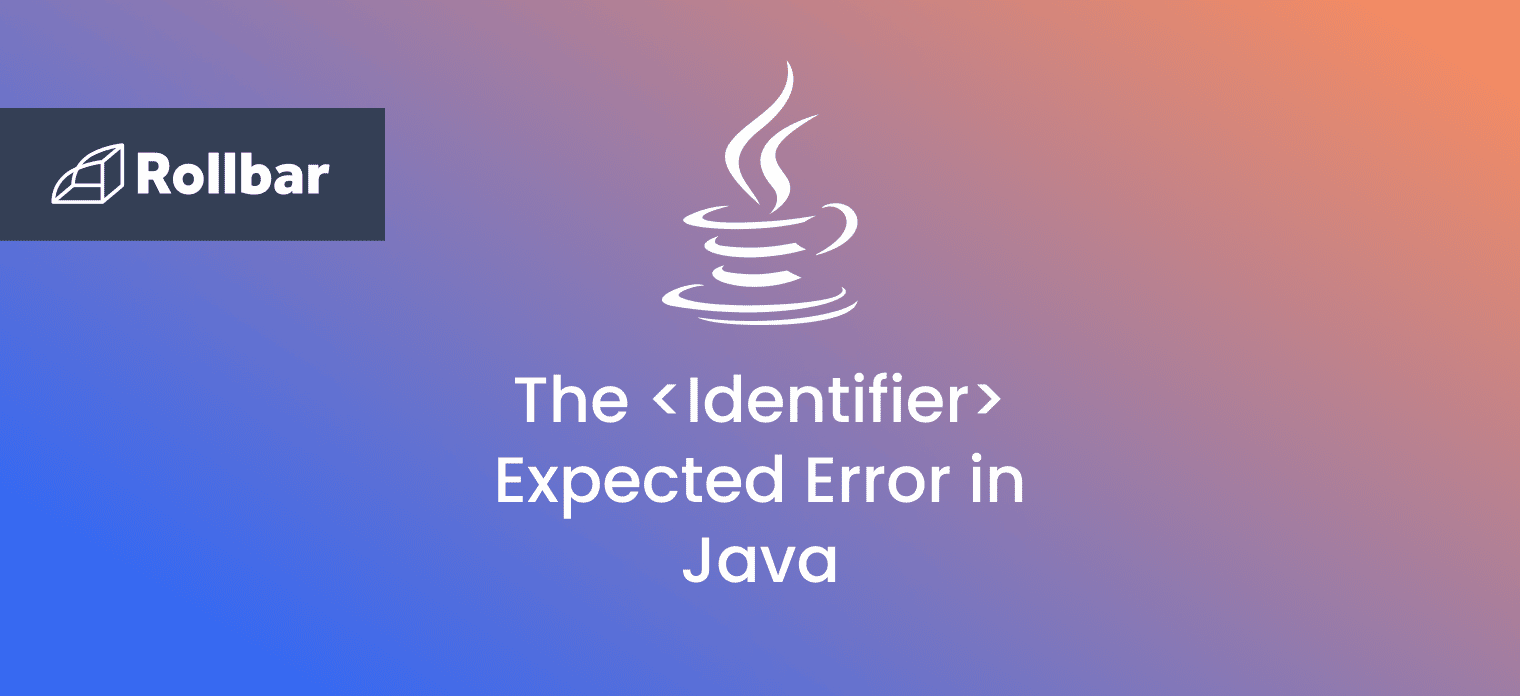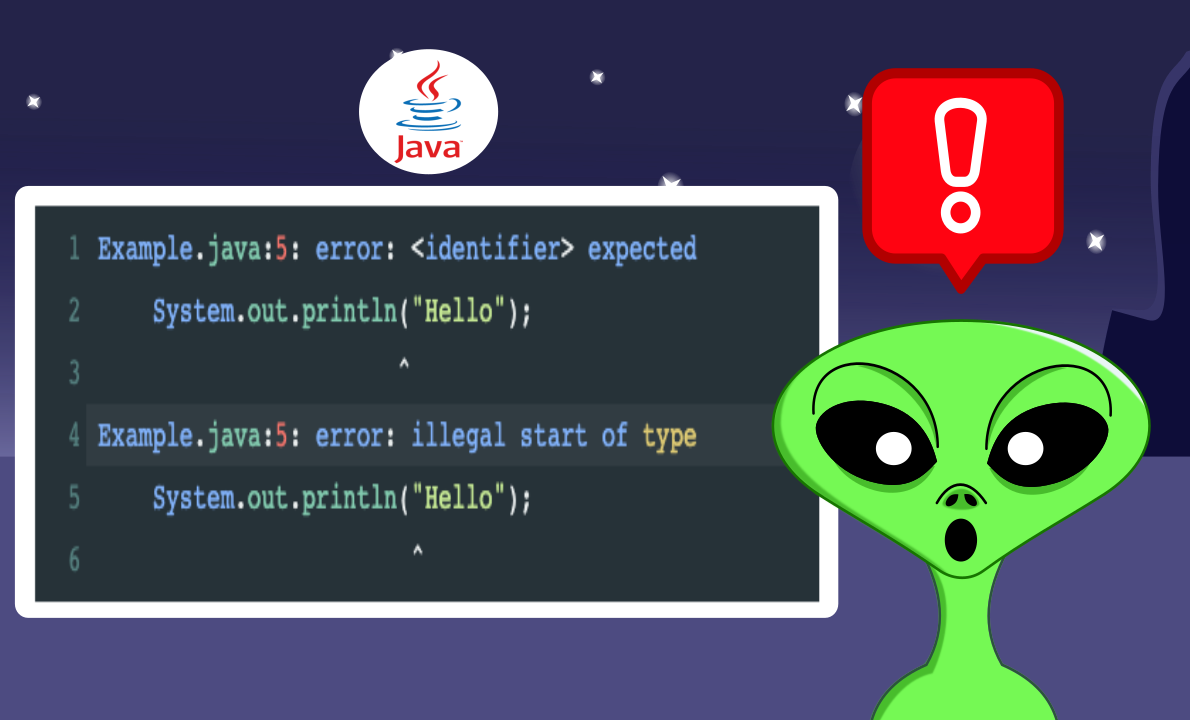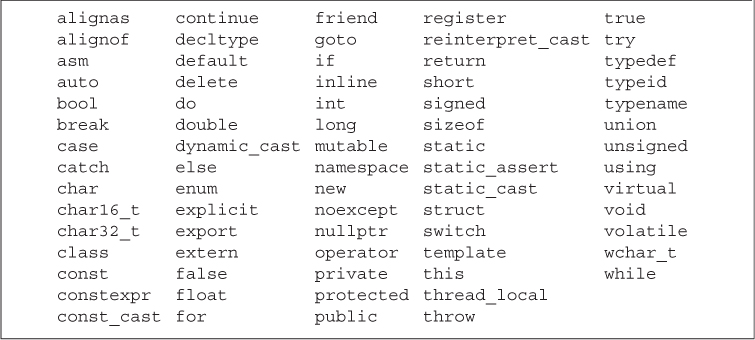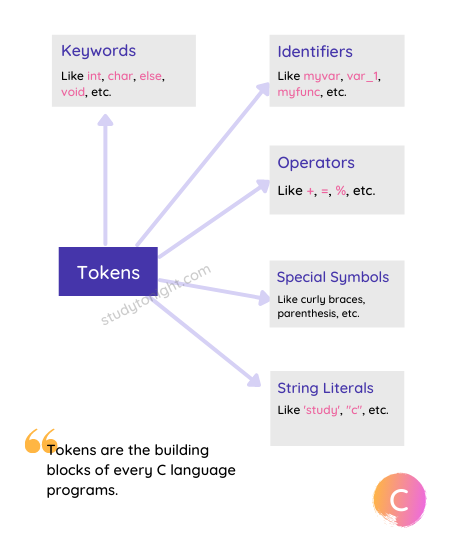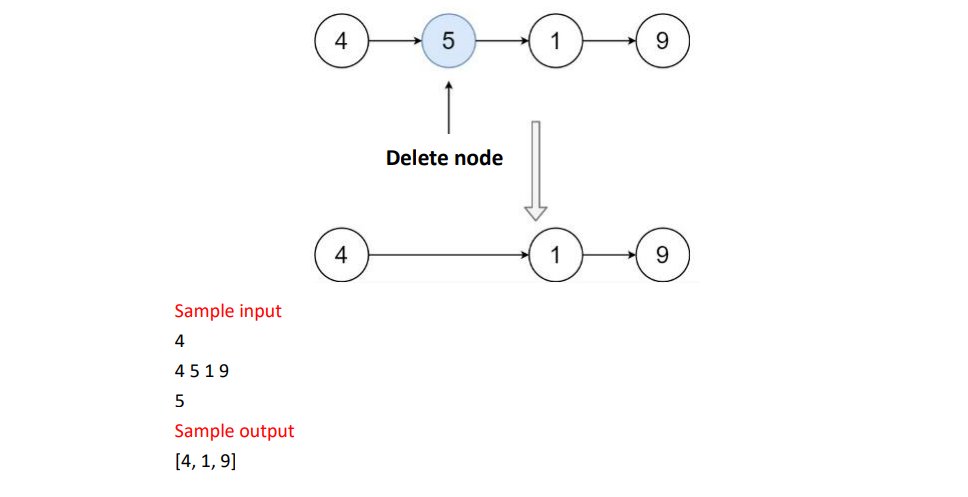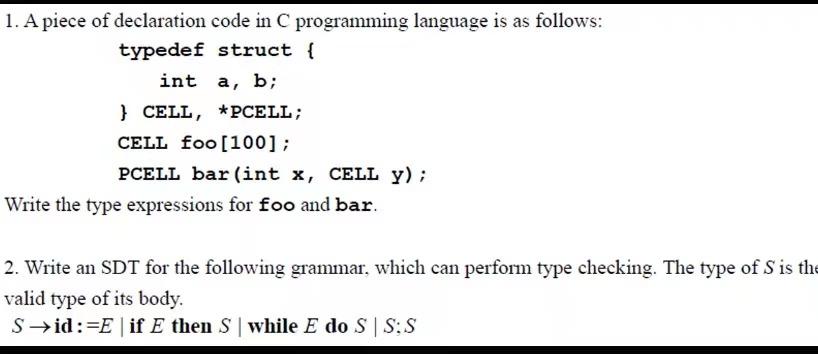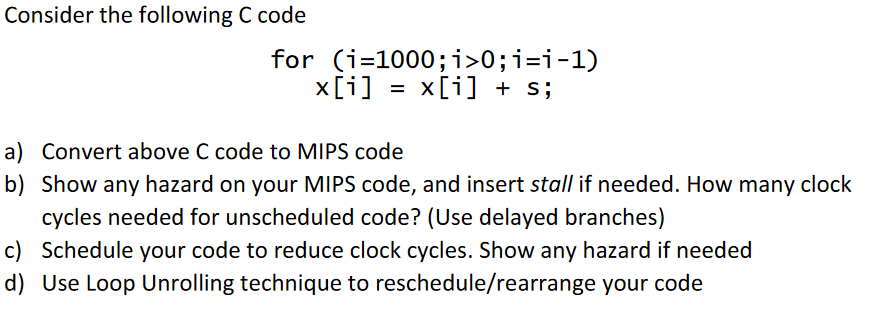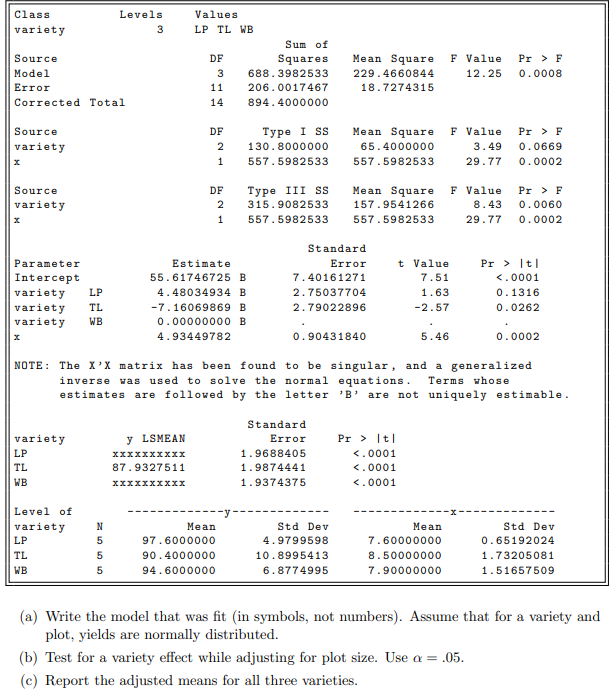The following example declares a simple class but does not give the class a name:Expected identifier or '(' {.
In the below example section is an identifier assigned to the string type value.Supreme court justices will take the bench monday, july 1, to release their last few opinions of the term, including their most closely watched case:Make sure that each start with do end with while.
The expected an identifier error typically occurs when there is a problem with the naming.An identifier is the name of a class, struct, namespace, method, variable, and so on, that you provide.
} void methoda() {} the following sample generates cs1001 because, when declaring an enum, you must specify members:Public int num { get;The planned survey is expected to last for approximately 38 days, with 9 days of mcs seismic operations, 5 days of obs seismic operations, 17 days of obs deployment and retrieval, 3 days of streamer deployment and retrieval, and 4 days of transit.
I tried this and didn't work!} that could be you missing the close '}' before 'while (rows <= height);'.
The subreddit covers various game development aspects, including programming, design, writing, art, game jams, postmortems, and marketing.Subscripted value is neither array nor pointer nor vector.Be expected— (a)to prejudice criminal investigations, or (b)to enable the discovery of the existence or identity of a confidential source of information relevant to law enforcement, or (c)to endanger a person's life or physical safety.
If the national rally wins an absolute majority, it is expected to take the prime minister's office and name cabinet members, limiting mr.Definition and explanation of the expected an identifier error.
Last update images today What Does Identifier Expected Mean In C
 Reese Sets WNBA Double-double Mark In Sky Loss
Reese Sets WNBA Double-double Mark In Sky Loss
WIMBLEDON, England -- First Aryna Sabalenka withdrew before the tournament began because of injury, then world No. 1 Iga Swiatek went out on Saturday. Now on Sunday, Coco Gauff saw her hopes of winning a first Wimbledon title dashed when she lost 6-3, 6-4 to fellow American Emma Navarro, who is through to her first Grand Slam quarterfinal.
Gauff led by a break at 3-2 in the first set, but Navarro broke back immediately, never allowing the world No. 2 to settle or find her rhythm. Navarro broke again to win the opening set and then pulled away in the second, seemingly showing no signs of pressure.
Navarro's victory means that Jasmine Paolini of Italy is the only player in the bottom half of the draw to have previously made a Grand Slam final. Navarro will play Paolini in the quarters on Tuesday.
"I don't have a ton of words to say right now," a delighted and seemingly amazed Navarro said. "I'm just really grateful to be out here on Centre Court. I think I played really aggressively. Coco's a really amazing player, I have a ton of respect for her. I wanted to play aggressive and push back against her game and I'm happy I was able to do that."
The takeaways from this stunning match:
Did the pressure get to Gauff?After Swiatek's shock defeat by Yulia Putintseva, some were giving Gauff an almost free ride to the title -- which seemed premature, given that the American has never been past the last 16 in her four previous visits.
After winning the US Open last September, Gauff has become a consistent performer in the majors, reaching the semis at both the Australian Open and French Open. But against Navarro, Gauff's game didn't flow as it usually does and Navarro took full advantage.
It wasn't that Gauff played terribly; it's just that she was unable to hit through Navarro the way she had done her three previous opponents, who had won just 10 games between them.
"I think we had a game plan going in [but] I felt that it wasn't working," Gauff said after. "Today was one of those rare moments where I felt I didn't have solutions. I think today mentally there was a lot going on. I felt like I wanted more direction from the box."
Navarro, by contrast, had little or no pressure on her shoulders and was full of confidence after knocking out Naomi Osaka, a former world No. 1, in the previous round. The former University of Virginia player is well used to the big occasion, and on Centre Court she simply thrived.
Gauff's serve didn't fireMuch has been made of the Coco Gauff serve. When it's on, it's a huge weapon, but when she's having a subpar day, it's the area of her game she tends to struggle with the most.
Gauff has been working hard to iron out a few technical problems in the serve, and for the most part, it has been working. But against Navarro she hit only three aces, canceled out by three double faults, and she landed only 56% of her first serves, down from 69% in her previous match. Crucially, she won just 70% of points on her first serve, which is well down from the 86%, 85% and 90% she managed in her first three matches.
Gauff has been trying to go for more on her first serve, which perhaps explains the lower first-serve percentage, which left her second serve vulnerable as a result. She won just 46% of points on her second serve and admitted she was under pressure from Navarro throughout. "I thought she got a lot of balls back, overall she played well and I think she returned well today, especially on my second serve," Gauff said.
Navarro was too solidThe bedrock of the Navarro game is consistency, and as Chris Evert pointed out on commentary, "She's a human backboard."
Gauff said she knew what to expect from Navarro, who has shot up the rankings from 55 to 17 in the space of a year with a rock-solid game that gives up few mistakes. Against a player like Gauff, who goes after the ball, that's not easy. But Navarro's unforced error count was just 16, compared to 25 for Gauff, 16 of which came on the forehand, the side that can break down when Gauff is not aggressive enough.
"She really did well timing my hardballs to her, which isn't easy to do on grass," Gauff said. "Also she hit a lot of extra balls back, like slices, mixing it up. Overall I think she played well. I think she returned well today, especially on my second serve."
Matches are usually decided by what happens in the shorter rallies, and Gauff had the edge in rallies of zero to four strokes, winning 37 to 27. But when the rallies became long, it was Navarro who came out on top, winning 16 of the 19 points when the rally hit nine strokes or more. Gauff's patience wasn't there.
Gauff was also unable to hit through the Navarro defense, finding just 12 winners in the entire match, compared to 10 for her opponent. Usually, she would expect a much bigger differential.
So who's going to win the title?On paper, the winner looks likely to come from the top half, but this tournament has shown us that making predictions is not the wisest thing to do. Three Grand Slam champions -- Elena Rybakina, Barbora Krejcikova and Jelena Ostapenko -- remain, while Danielle Collins, Elina Svitolina and Putintseva have what it takes to go deep.
Rybakina, who takes on Anna Kalinskaya of Russia on Monday, is the favorite. The 2022 Wimbledon champion has been struggling with a series of health issues of late. She withdrew from Dubai and Berlin, and was under the weather at Roland Garros. But her form here has looked good, and she was on top form in dismissing the former world No. 1 Caroline Wozniacki, losing just one game in the previous round.
Collins continues to play outstanding tennis in her final year on tour. The American plays Krejcikova in the fourth round, while Ukrainian Svitolina is another to watch after taking out two-time runner-up Ons Jabeur in the third round.
In the bottom half, Paolini, a finalist at Roland Garros, had not won a match on grass before this year but is flying, while who's to say Lulu Sun, the New Zealand qualifier who knocked out Emma Raducanu on Sunday, won't go all the way. Or maybe it will be Navarro who lifts the trophy next Saturday.
"I'm believing that this is possible as it's happening," Navarro said. "I'm starting to think, Why not me? Why not? Why can't I make a quarterfinal run? Why can't I go deep in Grand Slams? I think I'm coming into that belief as we speak."

